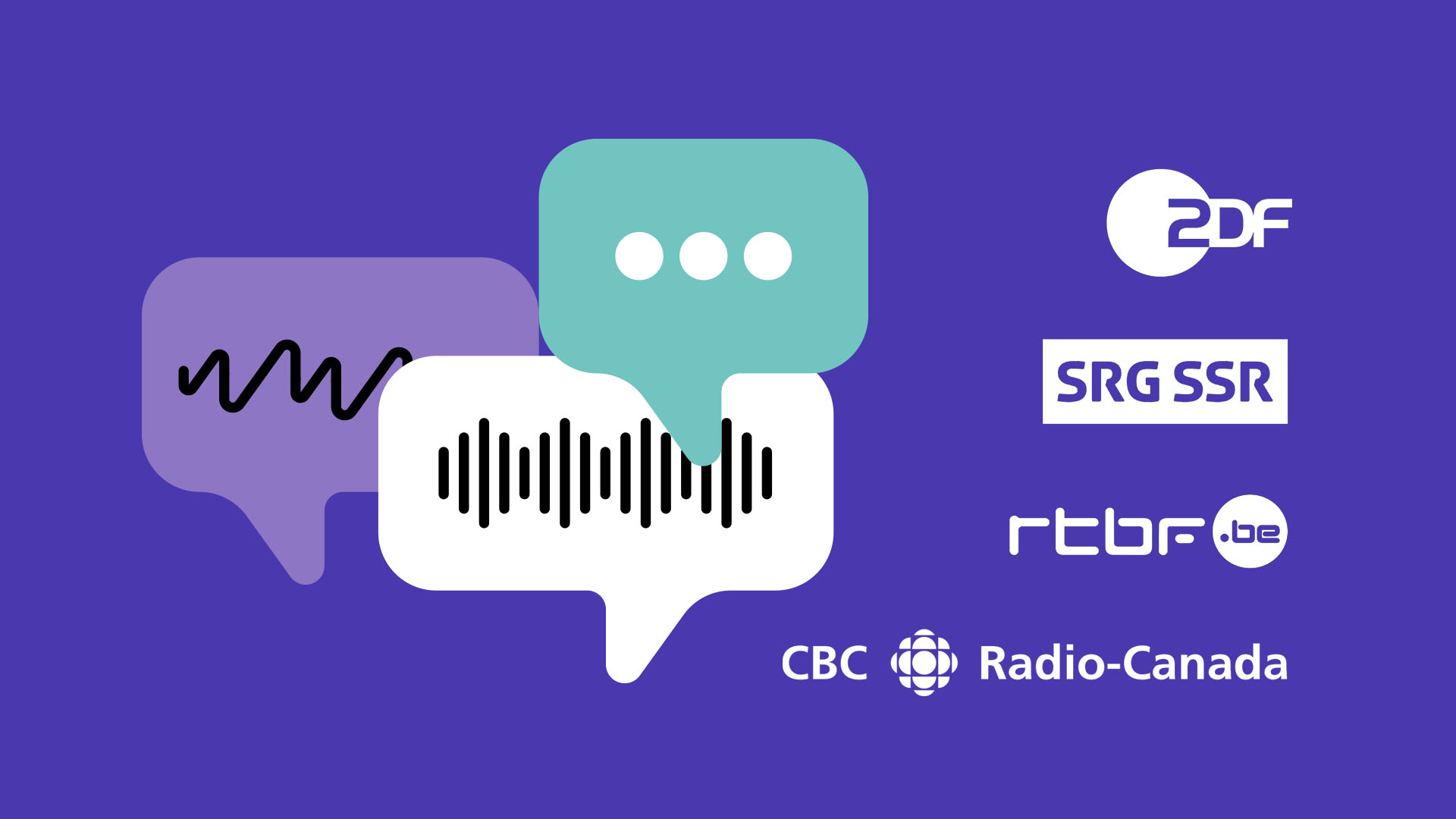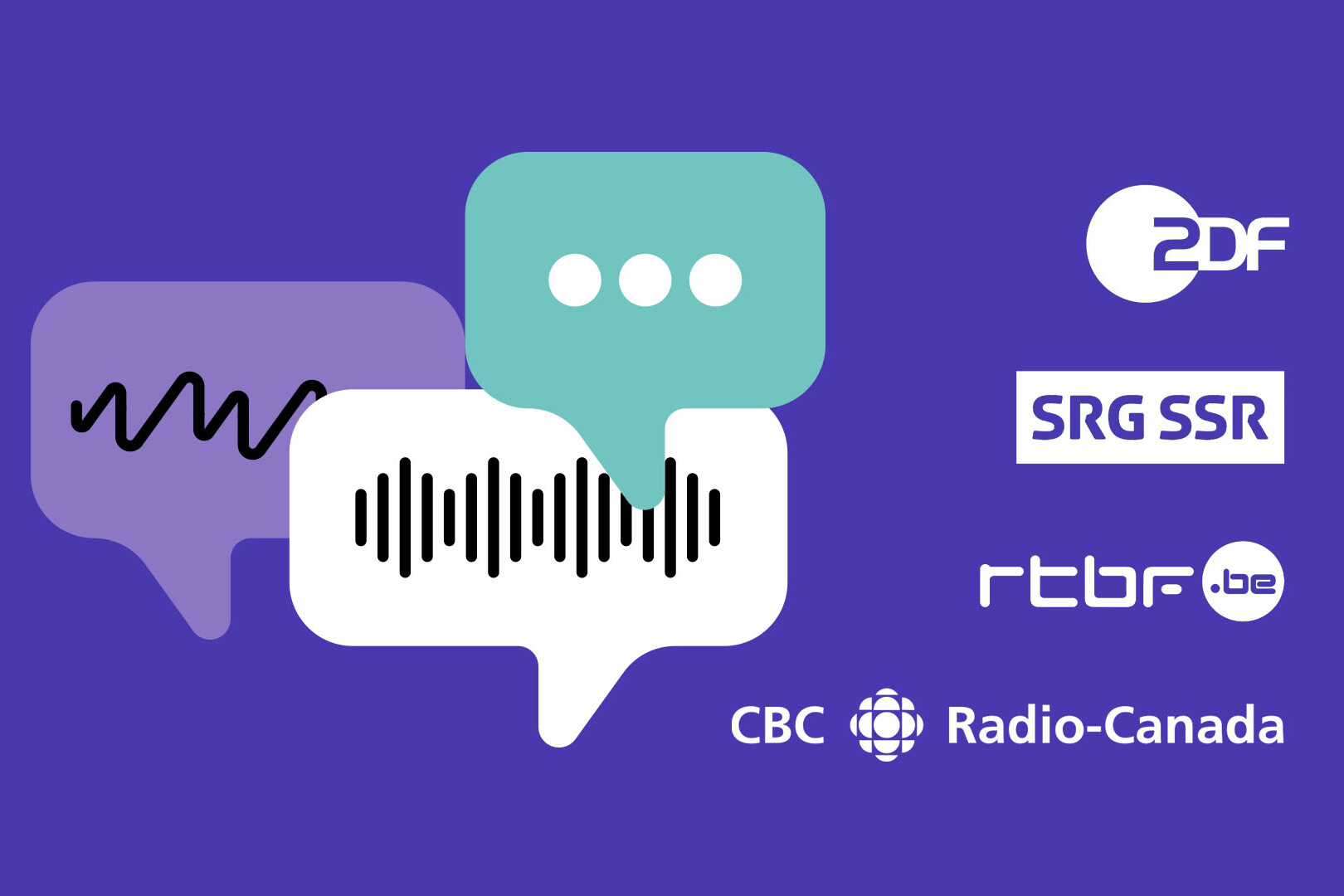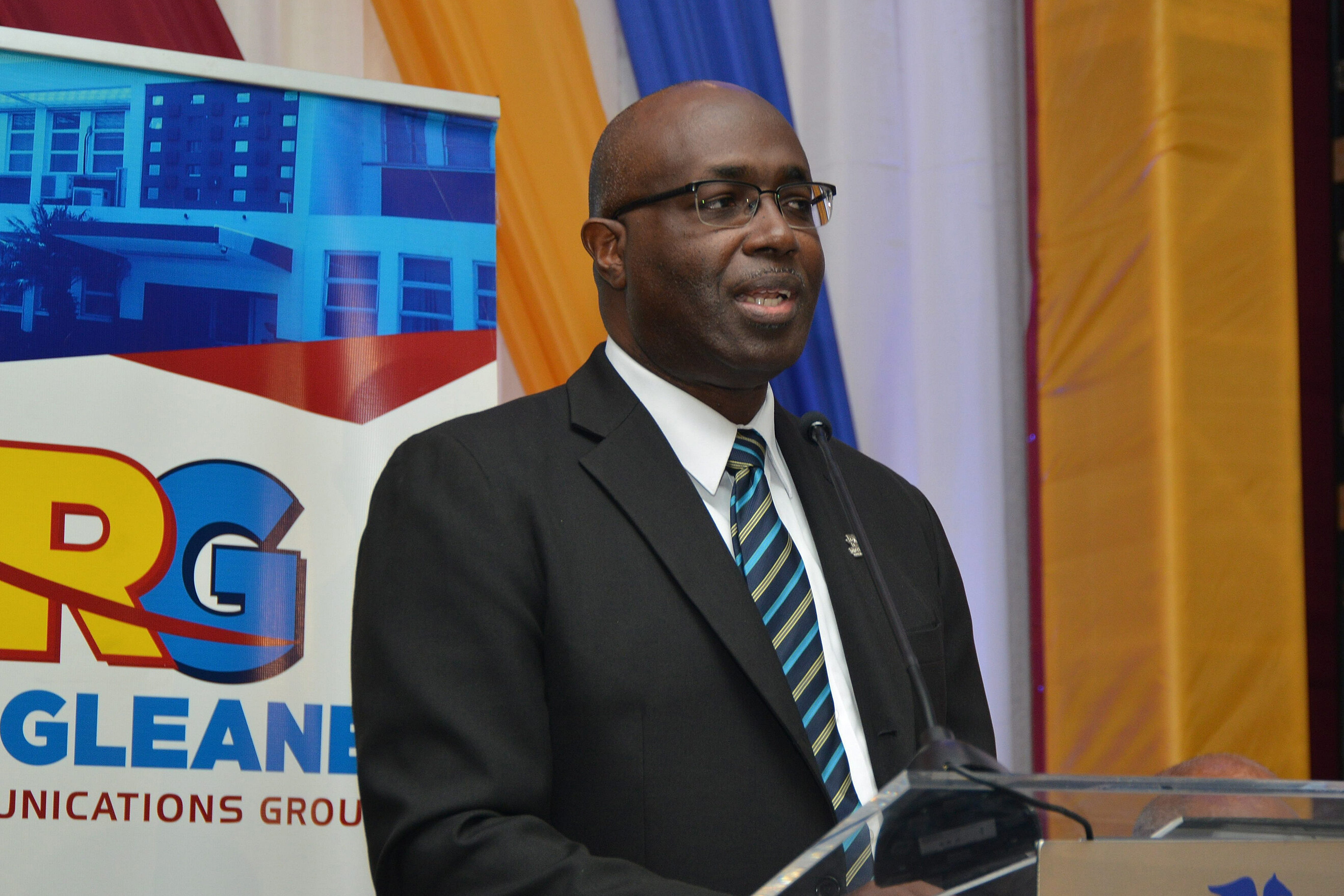The case for a ‘public service internet’
12th September 2023
In an interview with PhD researcher, Helen Jay, we find out what a ‘public service internet’ is, and why some think it is so crucial for a democratic and well-informed society.

What is a ‘public service internet’? Why do we need it? How can we achieve it?
The public service internet is the focus of PhD researcher and consultant on media and tech policy, Helen Jay. Ms. Jay is the former Head of Policy for the UK public broadcaster, Channel 4. Her ongoing research is exploring the existing regulatory mechanisms in place concerning the online sphere, and what the barriers are to achieving an internet run with public service principles.
Such an initiative is already being explored by public broadcasters themselves, such as through the public spaces incubator, or through think tanks such as the Council for a European Public Space.
Ms. Jay appeared on PMA’s most recent podcast episode, exploring how to regulate the internet. This is a transcript of the interview between PMA’s editorial manager, Harry Lock, and Ms. Jay.
This interview has been edited for brevity and clarity.
Harry Lock: A public service internet – can you help me just understand exactly what that is? Is that a new form of internet and online services, or is it just adapting the existing platforms and services that are already out there to make them more in line with public service principles?
Helen Jay: So I use the idea of public service internet as a bit of a shorthand really, a bit of a catch-all term for actually what is lots of different ideas and lots of different things. But what I’m particularly interested in is, we’ve got a set of [public] media organisations, [which] are explicitly designed by policy with obligations to do certain things and they’re set up and designed in specific ways to deliver public, social, cultural, democratic purposes.
Now, I think the core of my idea is: why aren’t we thinking about that in relation to the digital sphere? [And] particularly, I’m interested in digital communications platforms, so Search and Social predominantly, as the means of accessing information about the wider world. So, in the same way that we used to be concerned about public service broadcasting – we were concerned about broadcasting as this medium in people’s homes to access information about the wider world and the public service broadcasting intervention was designed – why aren’t we thinking about that in today’s communications environment?
So, the kind of reality is that [the public service internet] can mean lots of different things. It’s not a kind of different internet. It might be new platforms. It might be new institutions. It might be new kinds of regulation. And actually, the nature of my PhD research is just trying to explore what are the different ideas that are out there. But at the heart of it, I think, is just accepting that in the broadcasting environment, we have lots of different models: we have public models, commercial models, mixes in-between. And then in our Search and in our Social, in the kind of modern platform environment, we just have commercial players. We have big, giant, US-dominated commercial players, for-profit entities, and I think that what I’m interested in is exploring the role of non-profit non-commercial entities, that could sit alongside the current commercial environment.
HL: Can I ask you the question which you asked throughout that answer which was – why don’t we think of the internet as this space where public service principles have a role to play?
HJ: I think there’s lots of different factors at play. But this question of feasibility I think is very powerful. Essentially in broadcasting, we think back to 100 years ago, [regulation] was in policymakers’ gifts – they had to make some decisions about how they were going to allocate the airwaves, this spectrum scarcity, like, “How are we going to organise the wireless? There’s lots of different people who are going to want it, what kind of system do we want?” And policymakers had to make that decision and therefore they were allowed to think, “What do we want this technology to do? How do we want to use it? How can we regulate it? How can we control it?”
And I think that that conversation [in the online space], just hasn’t been in policymakers gifts, right? It’s much more that this is a commercial market that has been developing and regulators have been more on a back foot and now we see them trying to catch up and we see lots of initiatives around the world with different jurisdictions thinking about what they want to do and what role they want to play.

HL: So you think there’s been a bit of a shift in in the way policymakers are now thinking about it?
HJ: Yeah, absolutely, I mean I remember a television conference that I went to, it probably was like 2014 or 2015, and a very senior regulator at that conference said, “You can’t regulate the internet.” And I think that was just a given – this idea of the [internet as the] wild west and this is too vast, this is just one country, it’s a global thing, how can you possibly do it?
I think that this no longer feels like the modus of most policymakers. I think that across the world people accept that there are there are interventions that they need to do, that you can and should regulate the internet in lots of different ways. I think there’s all sorts of different things that led to that moment – obviously Cambridge Analytica, 2016 / 2017 that techlash. That really did raise some doubts of like, “Hang on a minute, we’re putting a lot of trust in these platforms and actually I’m not sure that that it’s quite enough just to trust that they’re going to do the right thing.”
Subscribe toour newsletter
Keep updated with the latest public
media news from around the world
And I think that that’s all been really valuable and important and I think [there are] some key things that you see policymakers doing around the world, whether that’s about competition and accepting that actually these tech giants have got so big that you need to reintroduce some sort of like competition measures. Or whether those things are a bit more targeted, like the online safety bill for example in the UK, or issues around the relationship between media and tech platforms like the news bargaining code. Those are just a few of those things.
But having said all that, I still think that we are a long way away from the types of interventions that characterise public service broadcasting. The key thing I’m interested in is the fact that lots of these things, they’re quite focussed on minimizing negative harms. You see that with the online safety, you see that with competition – they’re quite narrow in terms of the regulatory approach. Public service media is much broader, it’s much more encompassing. It’s this kind of positive type of intervention about the society we want to create, rather than the harms we want to diminish, and it feels like there’s quite a difference there in terms of approaches.
HL: You mentioned some specific examples there, from the News Media Bargaining Code to the Online Safety Act. But as you mentioned, these are all quite narrow in their scope. Is anyone doing the wholesale regulation you would maybe push for?
“I think that across the world people accept that there are there are interventions that they need to do, that you can and should regulate the internet in lots of different ways.”
HJ: I would say it’s not even necessarily for me about wholesale regulation, I think it’s just about trying to think about broader approaches. It’s not necessarily a regulatory approach and it might not be a new intervention, it might not be a new institution, it might not be a whole suite of regulation. It could be lots of different things. [Like how] can you incentivise non-commercial, not-for-profit entities, or people who are exploring these kinds of technologies or offering these kinds of platforms, just with a different set of values in mind?
What’s interesting to me is that there’s lots of different groups thinking about, what does public and digital infrastructure look like? Or what do public spaces online look like? But it’s not necessarily policymakers who are driving that conversation and it’s often like, in the US, it’s philanthropy or it’s grassroots, and in Europe, it’s examples of public service broadcasters themselves coming together to think about, well what’s our contribution here? Actually, policymakers aren’t really thinking about that sort of stuff.
So, I think there’s interesting work. But the extent to which that is landing, or still feels like that’s a bit of a way off, that’s quite utopian, that’s quite crazy, we’re actually trying to deal with real things here like digital competition and AI. And I think that’s all great and good, but I just feel a bit like people’s parameters still feel quite narrow in this debate. I think the bit that I’m interested in is why aren’t they thinking about whether or not any of those areas could be influenced by public entities like public organisations?

HL: You mentioned public broadcasters are getting involved here, and you come from a public broadcasting background, so you know how stretched they all are financially. I get that there is an affinity between a public service broadcaster and a public service online space for example, but do they have the feasibility to even embark on that journey when they are so stretched and so under pressure elsewhere?
HJ: That’s almost exactly what I think, listening to your podcast from last week, or exploring more about these organisations. It’s great that the broadcasters are asking themselves those questions. It’s great that they’re saying to themselves what more can we do? And I understand also for lots of those broadcasters, maybe it feels existential. They’re like, “Well, this is how we’re going to have to evolve.” But I also feel like they’ve got enough on their plate. They’re just trying to make great interesting stuff and reach audiences in new ways. And actually, [in terms of] tackling the quality of conversation online and how to facilitate debate free from harassment – why does it have to be their job to solve that problem, amongst all of the other things that they’re trying to do?
One of the things I’m quite interested in is, well, isn’t there anywhere else? And that’s why I think, what’s the role of policymakers and other types of institutions or other types of platforms alongside that? And that shouldn’t be a threat to existing public service broadcasters. But I think that just assuming that it’s for them to figure out the answers to this is quite hard.
Podcast: How can we regulate social media?
HL: And when we talk about other vehicles, and you mentioned non-profits, or maybe civil society organizations, who are you thinking could take up this role?
HJ: I think it’s interesting. There’s lots of different models, right? And people often point to Wikipedia or Wikimedia as an example of a large platform at scale that is run kind of on a not-for-profit basis, it’s kind of voluntary run – it’s philanthropic, right? So, it doesn’t receive direct public funding, for example. It’s very different to the sorts of organisations that we think of traditionally when we think about public service media organisations, that tend to be an act of policy interventions or funded or supported in a particular way.
But I think well, that’s great. That’s voluntary. They decided to do it. But that’s not built into the system in any way, so [when] we think about sustainability and ability to deliver at scale, those sorts of things, that’s quite different to the traditional public media organisations as we have thought about them where they are an act of policy intervention that was designed to deliver at scale.
One of the things I’ve been looking into in the UK is community tech, which is very localised, people thinking about, “Well, we want to create our own tech platforms on a not-for-profit basis”, but again that has these issues. You know it’s voluntary. It relies on the goodwill of people. It’s not necessarily deliverable at scale on a sustainable basis. So again, these are all the things I’m sort of looking at, but it doesn’t yet feel like anyone’s nailed it.
You do have to accept that you’re going to piss off the platforms because their current position is great, and anything that is going to risk undermining that, they are going to be less happy with, right?
HL: You mentioned public broadcasters are getting involved here, and you come from a public broadcasting background, so you know how stretched they all are financially. I get that there is an affinity between a public service broadcaster and a public service online space for example, but do they have the feasibility to even embark on that journey when they are so stretched and so under pressure elsewhere?
HJ: That’s almost exactly what I think, listening to your podcast from last week, or exploring more about these organisations. It’s great that the broadcasters are asking themselves those questions. It’s great that they’re saying to themselves what more can we do? And I understand also for lots of those broadcasters, maybe it feels existential. They’re like, “Well, this is how we’re going to have to evolve.” But I also feel like they’ve got enough on their plate. They’re just trying to make great interesting stuff and reach audiences in new ways. And actually, [in terms of] tackling the quality of conversation online and how to facilitate debate free from harassment – why does it have to be their job to solve that problem, amongst all of the other things that they’re trying to do?
One of the things I’m quite interested in is, well, isn’t there anywhere else? And that’s why I think, what’s the role of policymakers and other types of institutions or other types of platforms alongside that? And that shouldn’t be a threat to existing public service broadcasters. But I think that just assuming that it’s for them to figure out the answers to this is quite hard.
Related Posts
8th February 2023
Public broadcasters create “Public Spaces Incubator”
Four public broadcasters are partnering…
22nd July 2022
Report: Making Big Tech Pay for the News They Use
New research assesses how policy makers…
21st February 2022
The Existential Threat posed by Big Tech Platforms to Caribbean Journalism and Democracy
"This paper is not alarmist. It is not…


